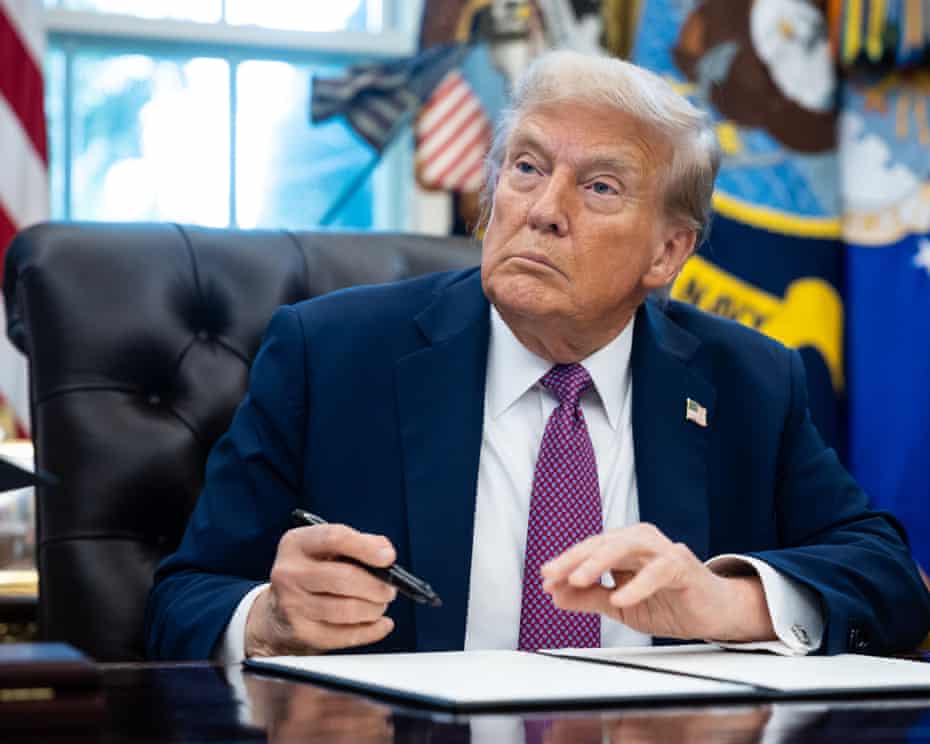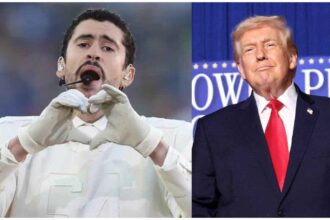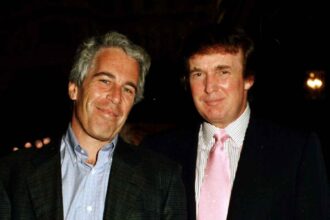- Trump asks Supreme Court to uphold freeze on nearly $5 billion in foreign aid.
- Federal judge ruled the freeze was likely illegal, citing Congress’ power of the purse.
- The administration invoked “pocket rescission,” a tactic unused for decades.
- Nonprofits warn lifesaving international programs remain at risk.
the Trump administration has petitioned the U.S. Supreme Court for an emergency order to keep billions of dollars in foreign aid frozen.
At the center of the dispute is nearly $5 billion in congressionally approved funding that President Donald Trump said last month he would not release. The move relied on a rarely used presidential authority last invoked more than half a century ago, raising sharp constitutional questions over executive versus legislative powers.
Last week, U.S. District Judge Amir Ali ruled the administration’s decision to withhold the aid was likely unlawful. In his opinion, Ali emphasized that “the law is explicit that it is congressional action — not the President’s transmission of a special message — that triggers rescission of the earlier appropriations.”
Trump defended his decision in an August 28 letter to House Speaker Mike Johnson, R-La., declaring he would not spend $4.9 billion in foreign aid. The move effectively bypassed Congress, cutting funding without legislative approval.
To achieve this, the administration invoked what’s known as a pocket rescission, a controversial maneuver that allows a president to request Congress not spend already approved funds late in a fiscal year.
Because the request comes so late, lawmakers cannot act within the mandated 45-day review window, leaving the money unspent.
Judge Ali, however, ruled that Congress must explicitly approve such a rescission before funds can legally be withheld. Following that decision, the Justice Department quickly turned to the Supreme Court after a panel of appellate judges also declined to block Ali’s ruling.
Meanwhile, government lawyers informed the court that an additional $6.5 billion in aid initially subject to the freeze would be released before the fiscal year ends on September 30.
The case has dragged on for months, pitting the White House against nonprofit organizations that argue the freeze violates federal law and threatens vital humanitarian programs.
Advocacy groups warn that the suspension has stalled funding for lifesaving international initiatives, including health care, food security, and emergency relief.
As the Supreme Court weighs whether to intervene, the case underscores the broader debate over presidential power, congressional authority, and America’s role in supporting global development and diplomacy.
Read Also: Trump Signs Executive Order to Sanction Nations Wrongfully Detaining Americans









